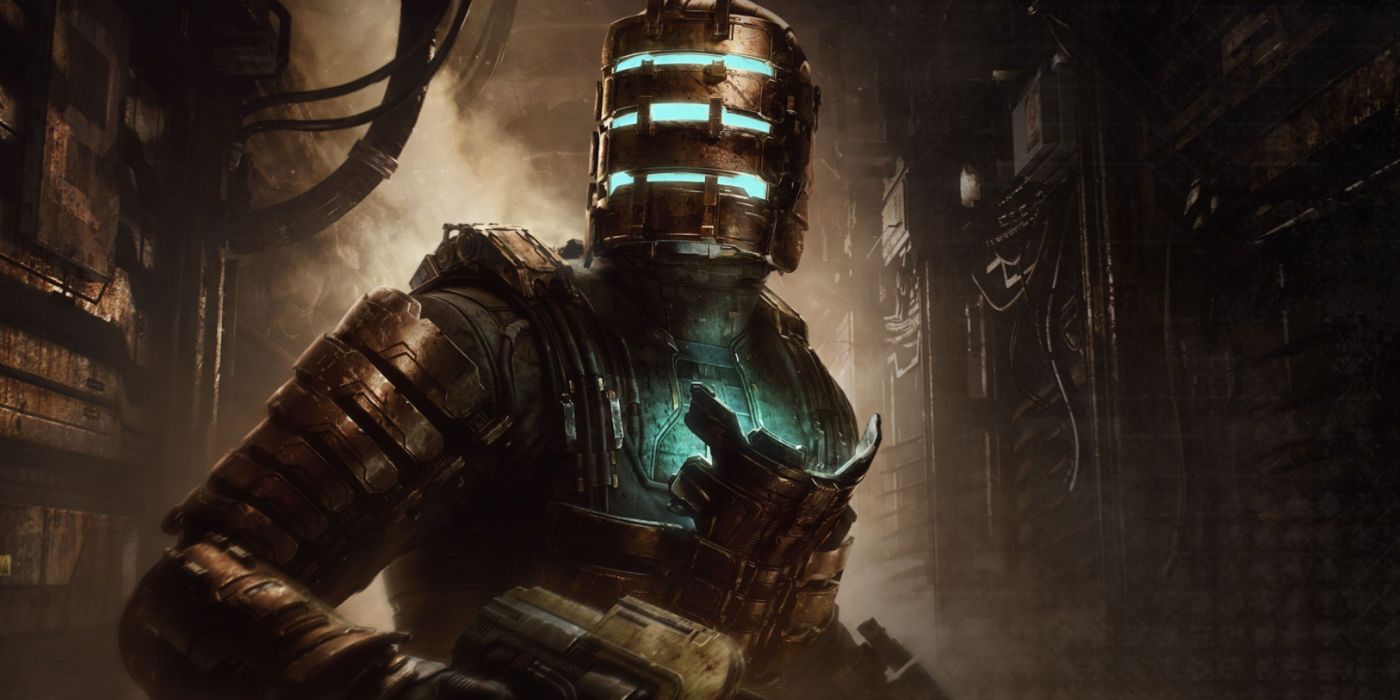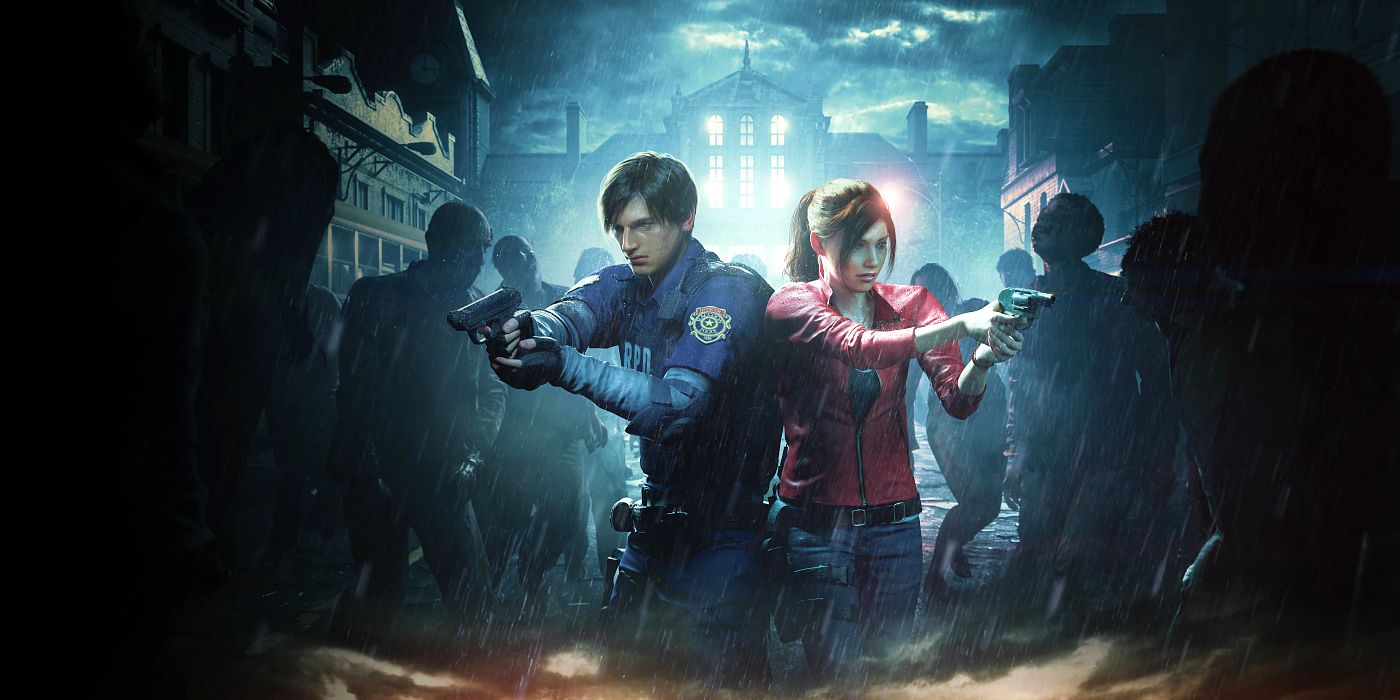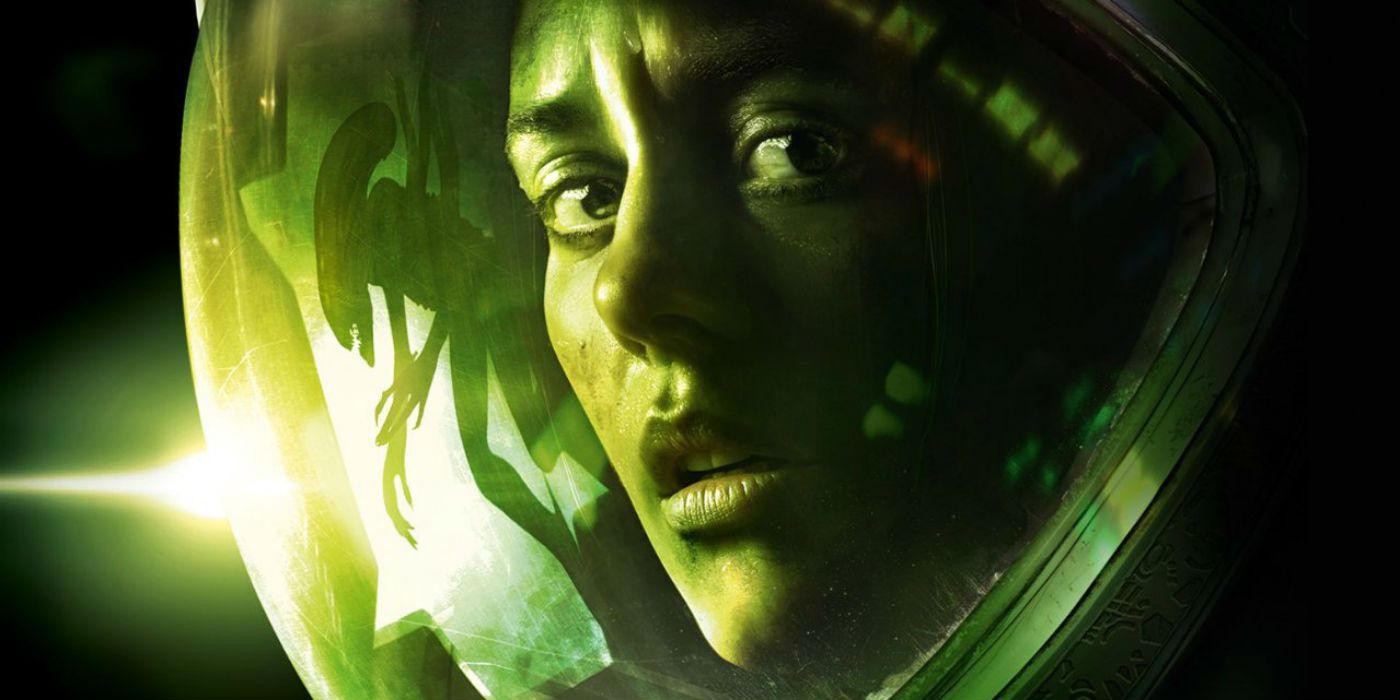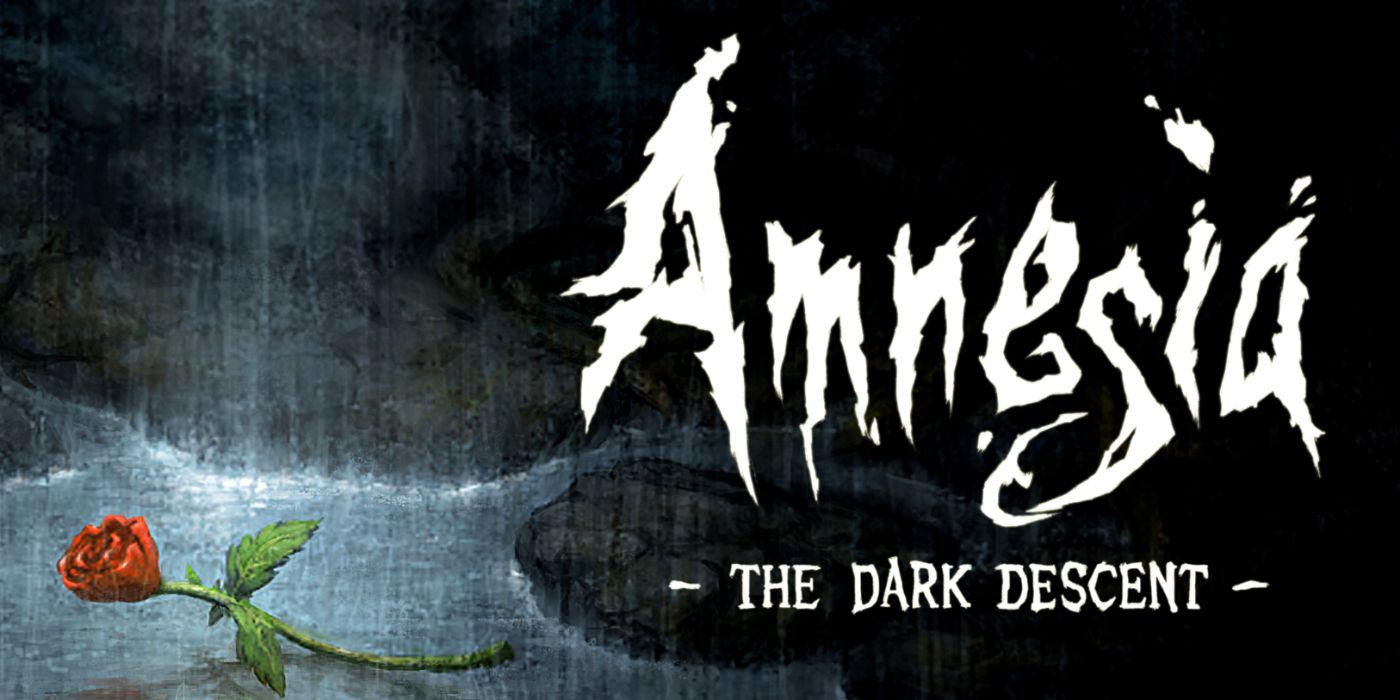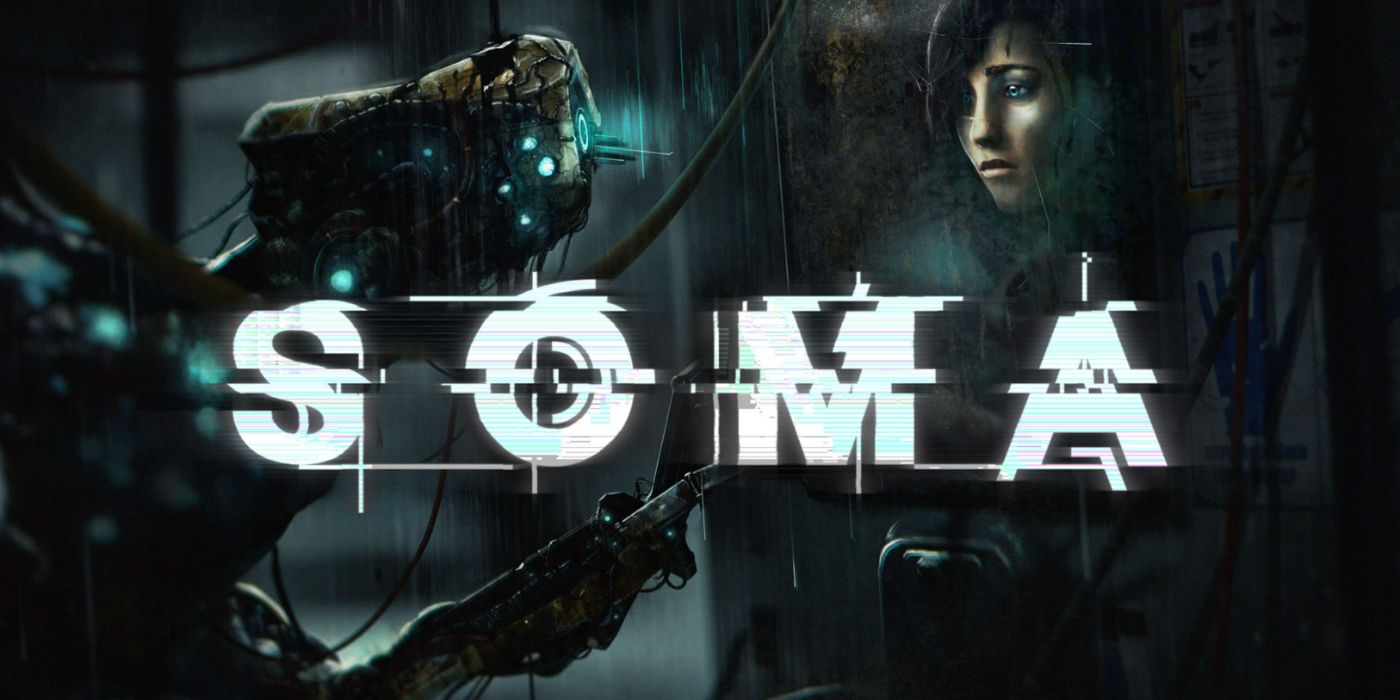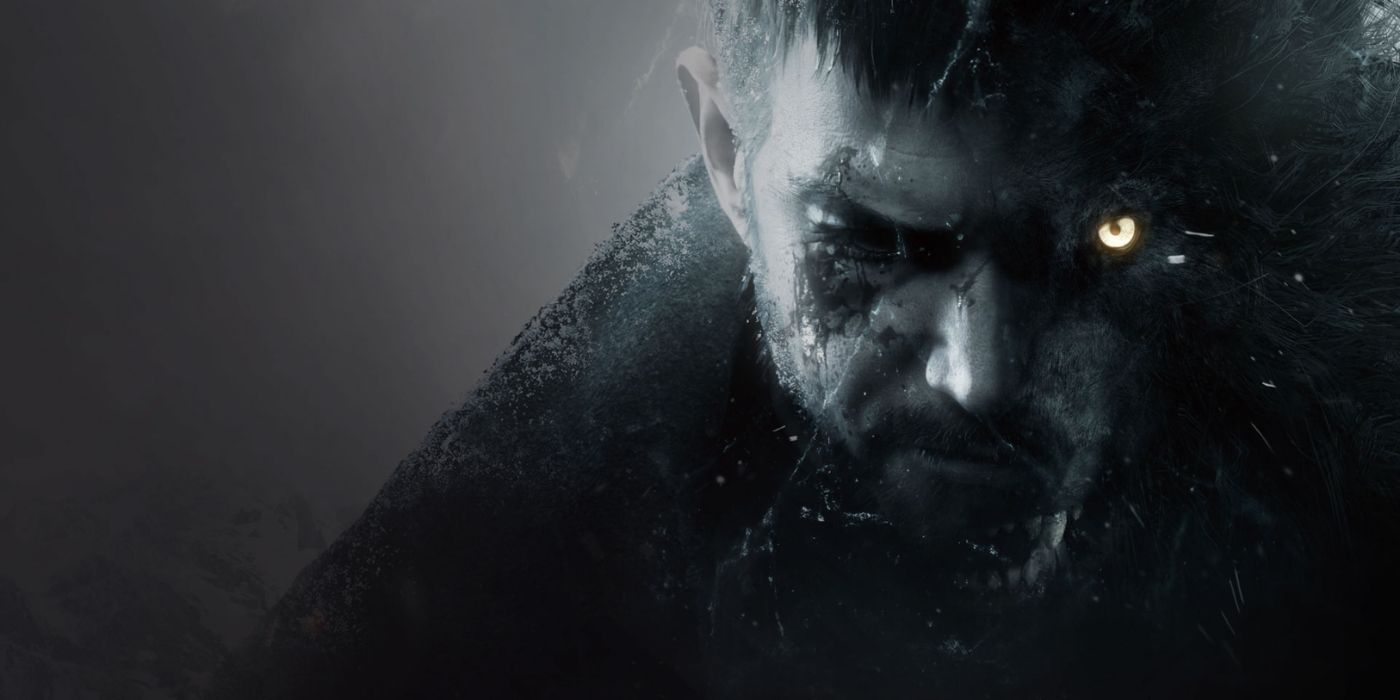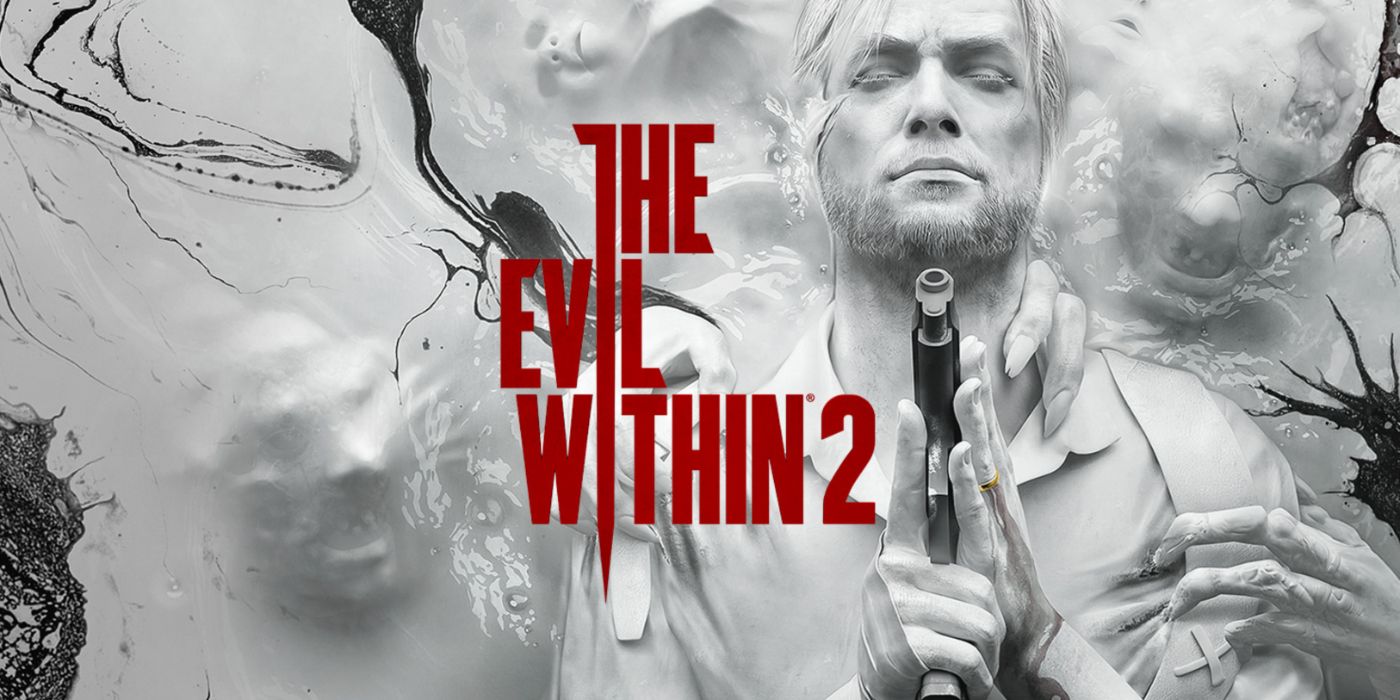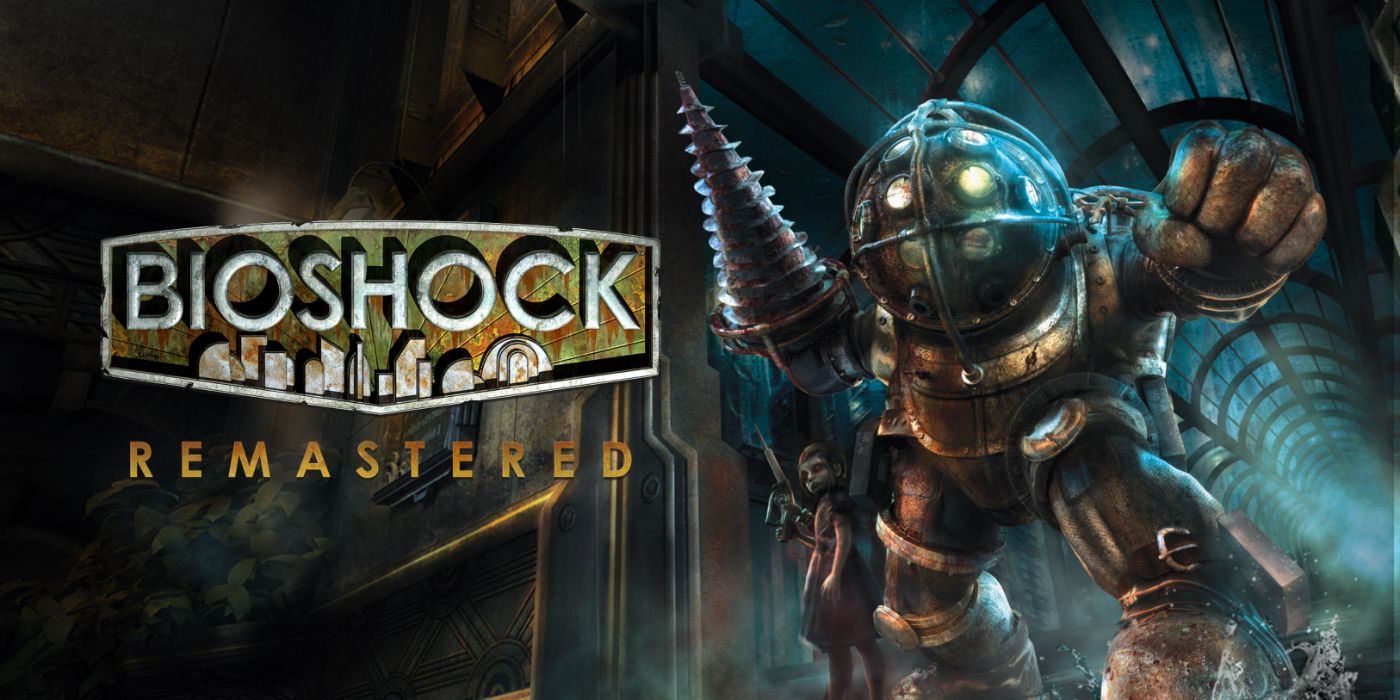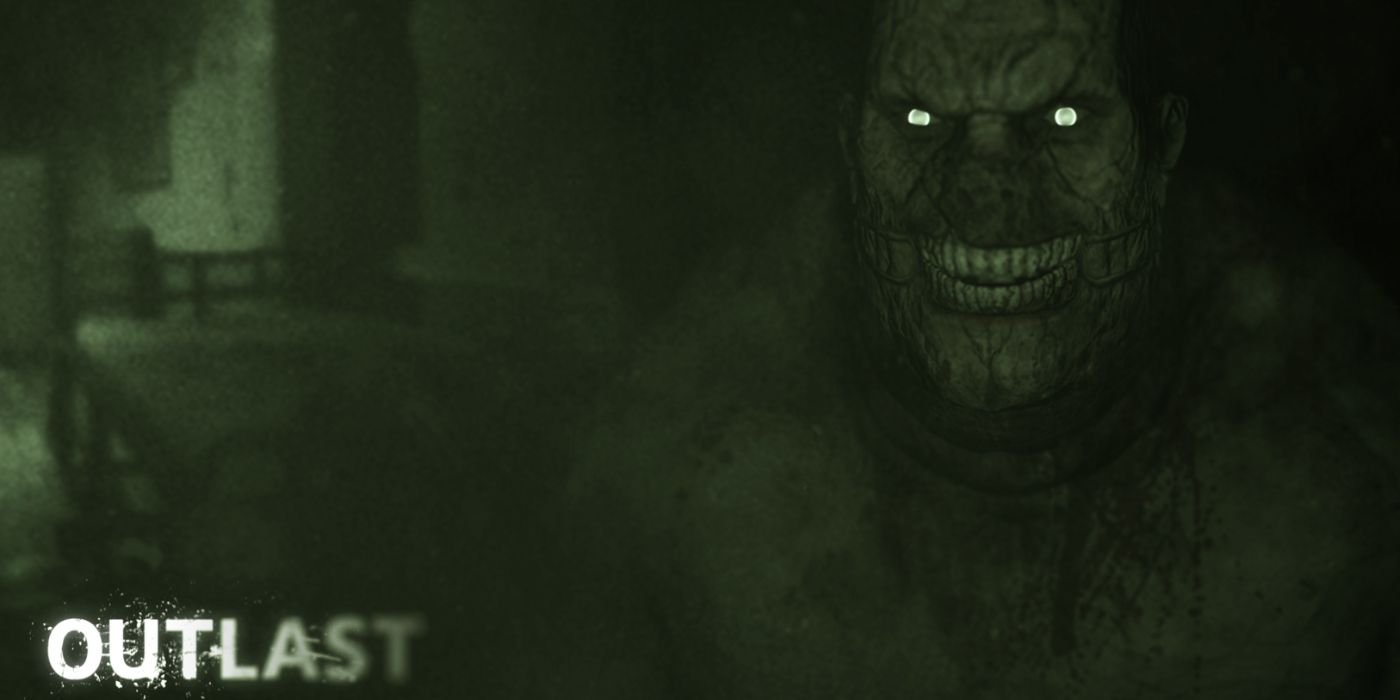Valve's game-changing handheld gaming PC has been a modern marvel in terms of playing a variety of top-tier games in new ways, and horror titles are one such genre that excels on Steam Deck. That goes even further when considering what the Steam storefront has to offer.
The Steam Deck meshes well with some of the best that the likes of the Resident Evil franchise boast; in terms of performance, comfort, and atmosphere; as well as the recently acclaimed remake of Dead Space. However, the Steam Deck plays well with horror games of all scopes, including indie classic Amnesia: The Dark Descent.
Dead Space (Remake)
The original version proved to be one of the best modern horror games and the freshly-released Dead Space remake kicks off what should be an excellent 2023 for horror games overall. Dead Space did an excellent job of getting creative with the sci-fi horror subgenre, and with some minor technical tweaks, it already runs impressively well when scaled down to the Deck's specifications.
The remake, developed by Motive Studio, was just released to critical acclaim for a combination of staying faithful to the source material while adding extra context to the story. Bolstered by the power of the PS5, Xbox Series X|S, and current PC gaming hardware, Dead Space was praised for making the sci-fi industrial setting all the more foreboding and the third-person combat even more visceral for a modern age.
Resident Evil 2
The original version of the game on the PS1 was regarded as one of the greatest games in the Resident Evil franchise. And with the remake, publisher/developer Capcom helped continue its successful redemption arc in the medium that adapts wonderfully to the Steam Deck's controls, performance profile, and handheld form factor.
Resident Evil 2 essentially perfected that experience the PS1 title provided, faithfully reimagining the survival-horror classic with modern hardware. The controls were tighter, character/actor performances were greatly improved, and the atmosphere was suitably tenser than ever. Likewise, playing as Leon S. Kennedy and Claire Redfield for separate campaigns added to the replay value.
Alien: Isolation
The horror game genre is understandably dominated by major names like the aforementioned Resident Evil franchise. However, Creative Assembly's Alien: Isolation simultaneously achieved something that could proudly stand alongside genre giants and be among the best adaptations.
Alien: Isolation quickly became a modern fan-favorite and immersive sci-fi experience, and that's in part for masterfully capturing the essence of what made the original sci-fi horror classic by Ridley Scott so iconic. It's the perfect encapsulation of the Alien universe, putting the player in the role of the prey in a predator vs. prey situation, with the space station providing a fittingly claustrophobic and terrifying experience -- especially when using the Steam Deck's onboard headphone jack.
Amnesia: The Dark Descent
In the 2010s, the survival-horror genre saw a renaissance in the indie gaming scene. The genre is incredibly versatile, especially when playing within the first-person perspective, and that paved the way for one of the best horror games in general by way of Frictional Games' Amnesia: The Dark Descent.
Taking place in a horrific castle, protagonist Daniel needs to explore the locale while maintaining his sanity and avoiding monstrous threats -- with sanity playing an ingenious role in the gameplay. Indie gaming always provides titles to get excited about, especially since their low technical demand makes them a cinch to run on Steam Deck, making Amnesia's engrossing sense of atmosphere, stealth/survival gameplay mechanics, and genuinely horrifying setting will make for an exciting experience on a handheld.
Soma
Developer Frictional Games didn't only make its mark on the horror gaming scene with the Amnesia series, as the studio would go on to make a new IP that seems to take a page from the likes of BioShock and Lovecraftian horror. Soma was well-received upon release, proving to be a uniquely arresting experience.
The game blends elements of biopunk in its setting, taking place in an abandoned underwater research facility where the fish-out-water protagonist has to unravel a deeply philosophical and psychological mystery to escape that rivals the fear factor of Resident Evil. Soma is well suited to the Steam Deck's form, especially since the game natively runs on Linux as is, which is what SteamOS is based on. Particularly with headphones in, the game will make for an oppressing ambiance in the best possible ways.
Resident Evil Village
The eighth mainline entry in the Resident Evil franchise was a continuation of the series overall return to form. Released in 2021, Resident Evil Village expanded the formula onto a more open-world sandbox, as well as meshing European-inspired horror folklore outside of zombies.
Resident Evil Village runs smoothly on the Steam Deck, including its first-person combat controls. The game's creative level designs and survival gameplay mechanics combine for a game -- especially with the DLC -- that feels like an exciting new step for the Resident Evil series.
The Evil Within 2
The Evil Within 2 is an extremely inventive modern games in the genre, even if it isn't groundbreaking compared to some excellent horror titles available on modern consoles. It didn't seem likely at the time The Evil Within would get a sequel, but it proved to be a worthwhile endeavor.
Developer Tango Gameworks' game combines the survival-horror genre with an open-world format -- something that isn't typical of the former and translates well on the Steam Deck. Even so, it executed it with success. Its combination of stealth, horror, and survival/resource management made for a refreshing gameplay loop and spin on the genre.
Resident Evil 7: Biohazard
Resident Evil 6 turned out to be a necessary evil for Capcom and the series, as the mediocre critical reception to its action-movie approach paved the way for a return to form. Resident Evil 7: Biohazard was strongly received for its return to survival-horror roots.
Biohazard cut the bombastic fat of its predecessor, focusing on an intimate and deeply disturbing horror setting. The Baker estate has become a landmark locale that goes down as one of the scariest areas in Resident Evil. The switch to first-person also went over well, making the scares feel far more intense, and thanks to the technological versatility of the RE Engine, it runs fantastically with minimal tweaks on Steam Deck.
BioShock: Remastered
Irrational Games and 2K's BioShock was revered as one of the greatest games ever made, regardless of the genre in question. The game blended several gameplay styles to make for a unique and artistic experience in terms of storytelling and thematic undertones.
Taking place in the attempted city of Rapture, a fascinating biopunk-inspired setting, protagonist Jack tries to escape while using engaging first-person combat gameplay to avoid the hostile Big Daddy enemies residing within. BioShock was acclaimed for its thought-provoking exploration of philosophical themes of morality; the concept of free will; the perils of corporate greed and corruption; and for having one of the most compelling plot twists in gaming. However, it does so while creating an exciting gameplay cocktail of survival horror, first-person shooting, and action-adventure.
Outlast
Developed by the indie studio Red Barrels, Outlast would prove to be one of the most memorable survival-horror titles in that space. It may not have the nuance of the likes of Amnesia: The Dark Descent, but Outlast is thoroughly effective at what it sets out to do.
The game takes place in a psychiatric hospital where something has gone wrong, putting players in the role of a freelance investigative journalist trying to uncover what's happened, which becomes an effective premise within the context of the gameplay. Players have no weapons, forcing them to rely on stealth for this horror venture, armed only with the limited battery on their camera's flashlight. Outlast's brand of terror is incredibly visceral, which makes the Steam Deck a suitable form factor for short-burst gameplay sessions.

